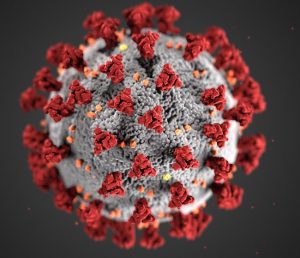An early and influential paper on long COVID that appeared in The Lancet has been flagged with an expression of concern while the journal investigates “data errors” brought to light by a reader.
An editorial that accompanied the paper when it was published in January of last year described it as “the first large cohort study with 6-months’ follow-up” of people hospitalized with COVID-19. The article has received plenty of attention since then.
Titled “6-month consequences of COVID-19 in patients discharged from hospital: a cohort study,” the paper has been cited nearly 1,600 times, according to Clarivate’s Web of Science. Altmetric finds references to it in multiple documents from the World Health Organization.
Continue reading Buzzy Lancet long COVID paper under investigation for ‘data errors’







